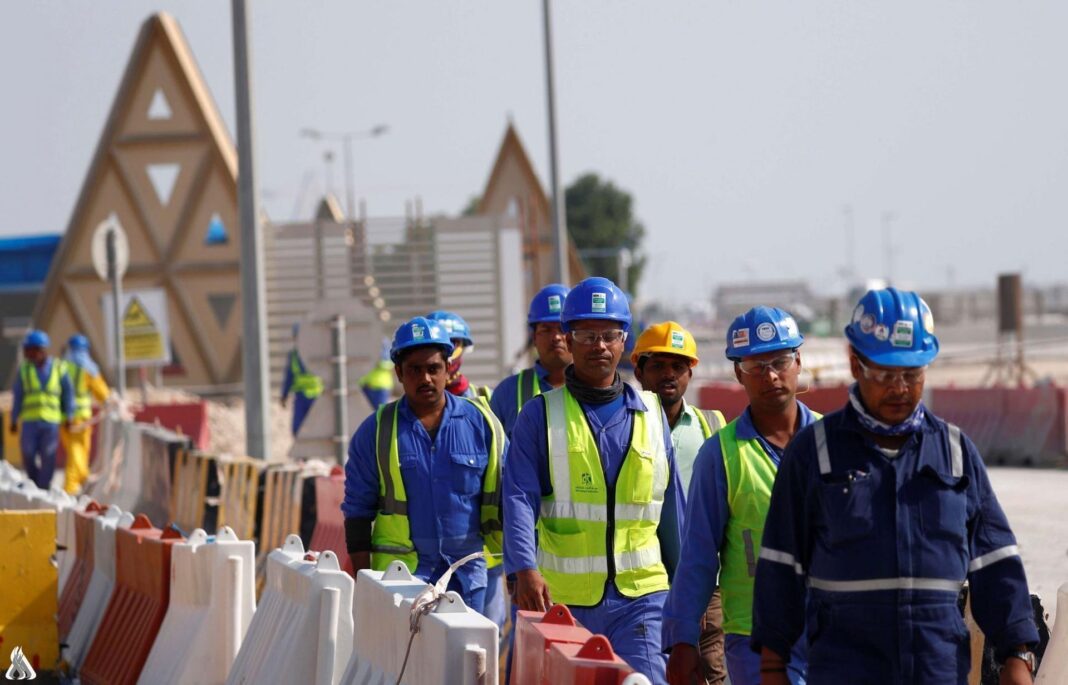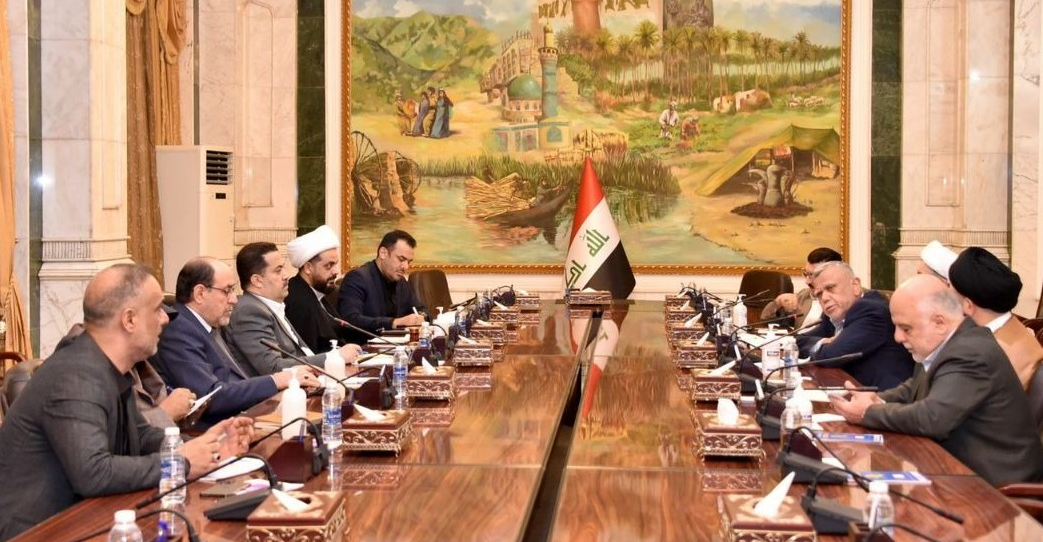Iraq Labor Crackdown now defines a major shift in the country’s employment policy. The Labour Ministry escalates its efforts to regulate foreign labor and protect Iraqi workers. The ministry also expands field inspections as it confronts widespread violations. The campaign grows steadily as authorities address both legal and illegal labor flows.
The ministry confirmed that Iraq deported more than 34,000 undocumented foreign workers in two years. Officials said these actions reinforce national labor protections. Moreover, the ministry warned employers who shelter illegal laborers. They will face strict legal consequences. The message targets companies ignoring employment and residency laws.
Ministry spokesperson Hassan Khawam outlined the current enforcement plan. He said inspectors maintain regular visits to worksites. They check compliance with Cabinet rules requiring an “80 percent Iraqi labor and 20 percent foreign labor” structure. Although inspector numbers remain limited, the ministry increases field operations to compensate.
Furthermore, Khawam detailed how employers must hire foreign workers. Companies must first allow the ministry to review its “Mihan” database. This system matches Iraqi workers with needed skills. If the ministry finds suitable local workers, companies must hire them. If not, the ministry approves foreign hiring and informs the Residency Directorate. These steps create a clearer framework for labor entry.
Khawam added that foreign workers must meet strict conditions. Authorities require specialized skills and verified experience certificates. Inspectors also monitor enforcement of Labour Law No. 37 of 2015. This law mandates safe work environments, minimum wage rules, regulated hours, and adherence to Social Security Law No. 18 of 2023. Therefore, companies must follow multiple layers of regulation.
In addition, the ministry prepares a national strategy to support Iraqi workers. This plan awaits final approval. Khawam also highlighted cooperation with international partners. He mentioned a new agreement with a Chinese company. Together, they aim to build a vocational training academy. This institution will equip Iraqis with skills demanded by foreign investment companies. The ministry expects this move to reduce dependence on foreign labor.
The current labor landscape includes 44,000 legally registered foreign workers. These individuals entered Iraq through official channels. Many work in domestic roles and hold valid permits. However, officials believe many more entered illegally. Khawam said some arrived as tourists. Others entered through the Kurdistan Region. They later moved into worksites with help from certain employers who conceal them.
Interior Ministry data shows the scale of enforcement. Authorities deported more than 20,000 foreign workers in 2024. They also deported more than 14,000 in 2025. None held legal work permits. These deportations reflect rising pressure on employers to comply with the law. Khawam said these actions support Iraqi workers by reducing unregulated foreign labor.
Meanwhile, Iraq continues security operations against illegal labor networks. On August 26, 2025, Baghdad Operations Command arrested 85 foreign nationals. The raids targeted Kamaliya and Fadhiliya in eastern Baghdad. These operations appear more frequent as the government tightens enforcement.
Residency Law No. 76 of 2017 governs the entry and stay of foreign nationals. It replaced the older 1978 law. The updated rules give authorities broader tools to address violations.
As enforcement accelerates, Iraq Labor Crackdown becomes a central government priority. The ministry pushes for order in the labor market. It also works to expand opportunities for Iraqi workers. With stricter rules and larger inspections, Iraq Labor Crackdown will shape Iraq’s employment system for years ahead.



